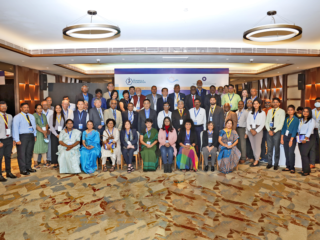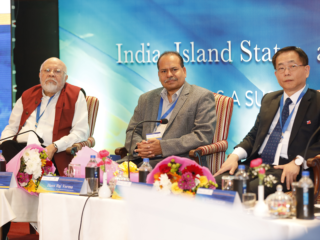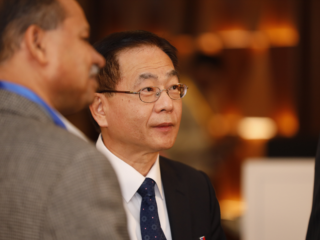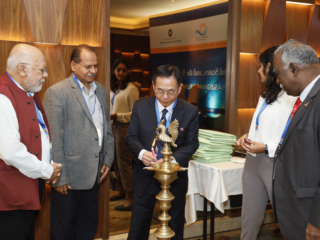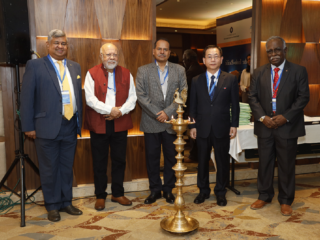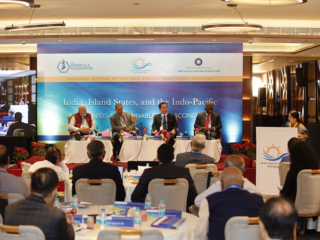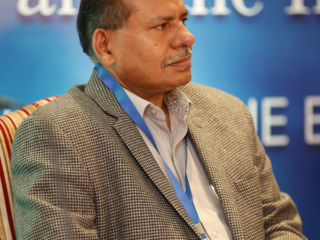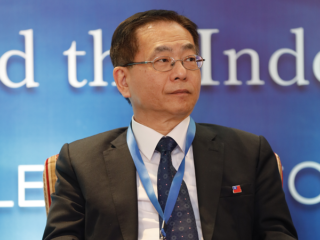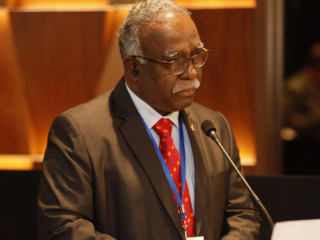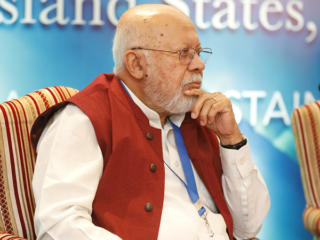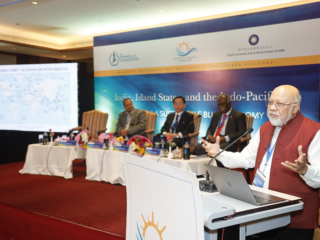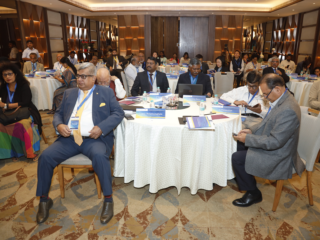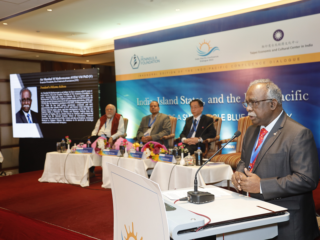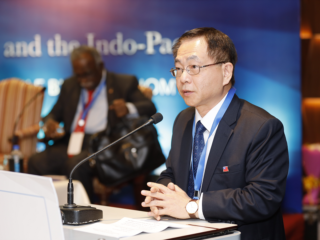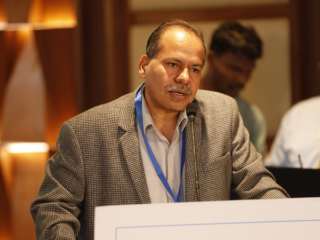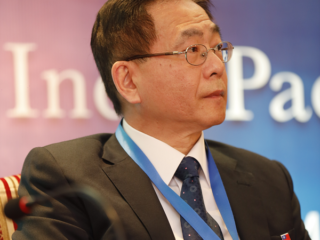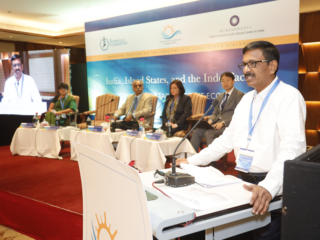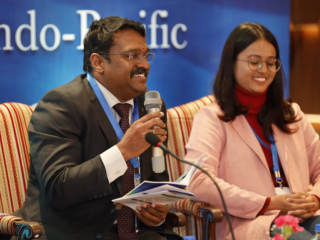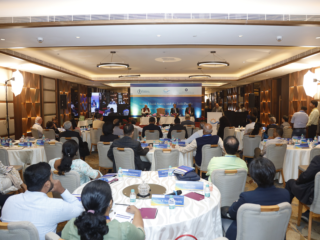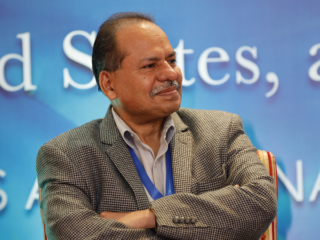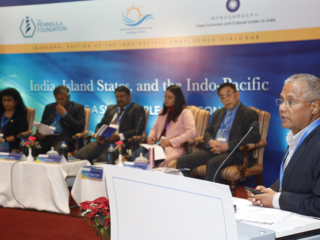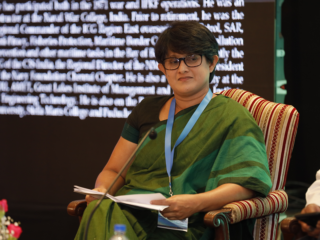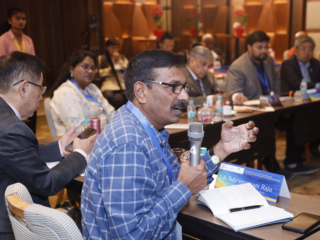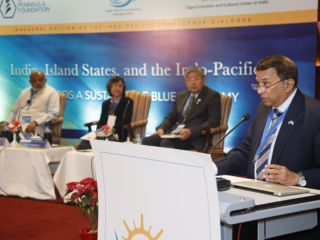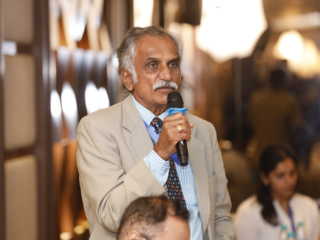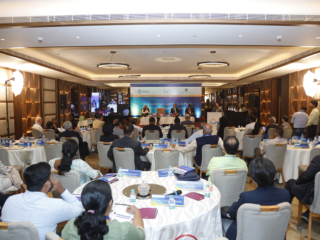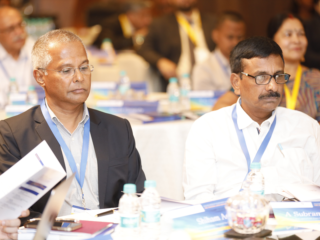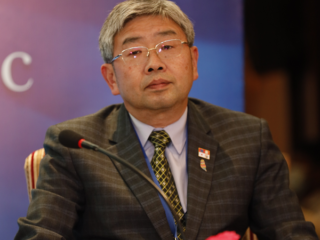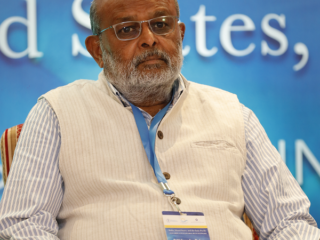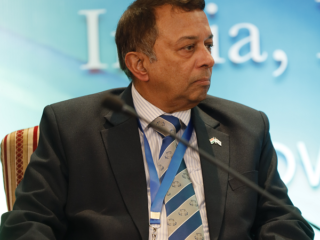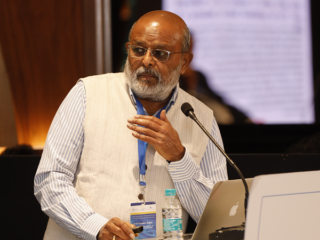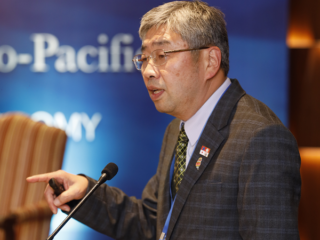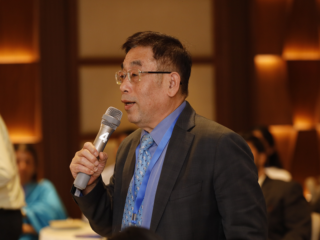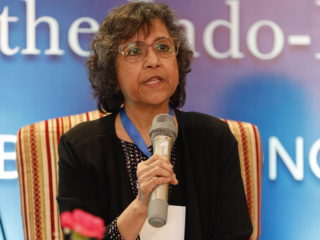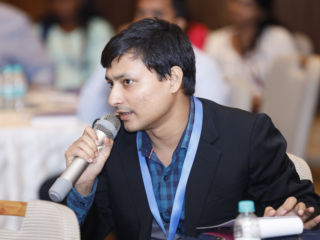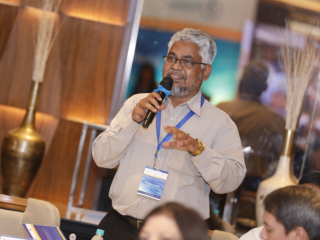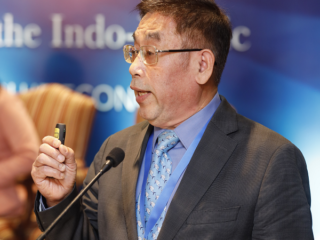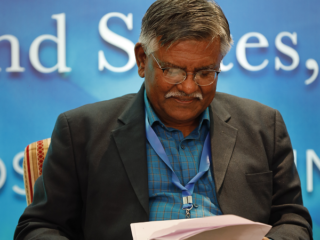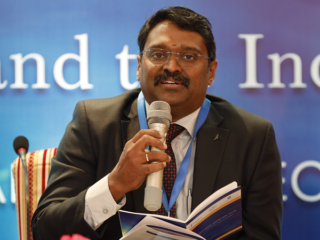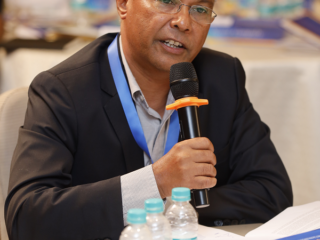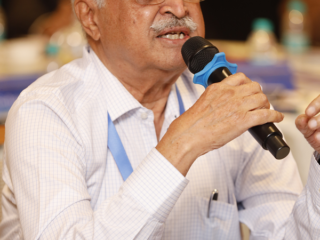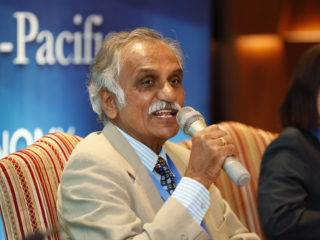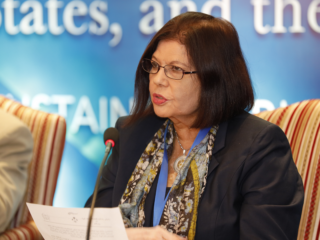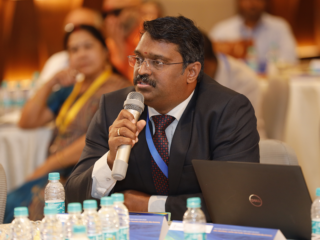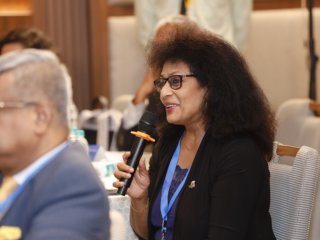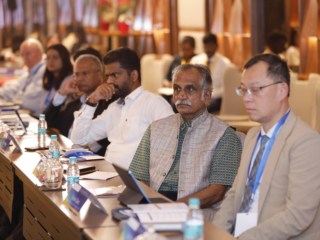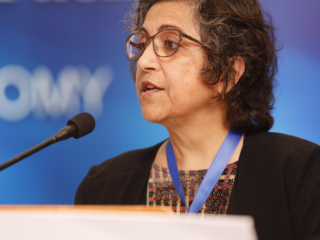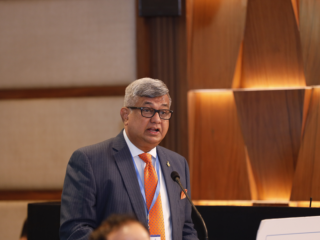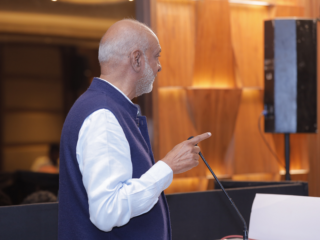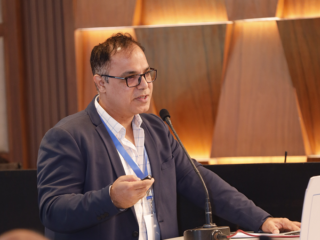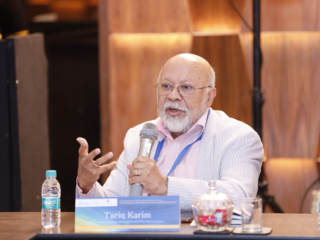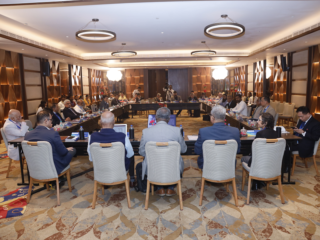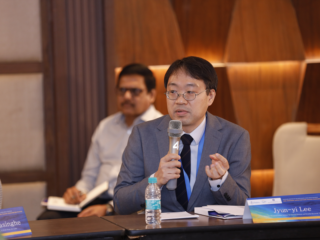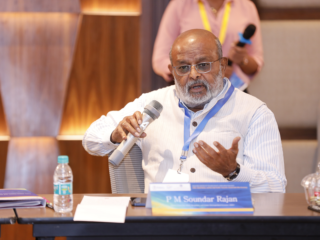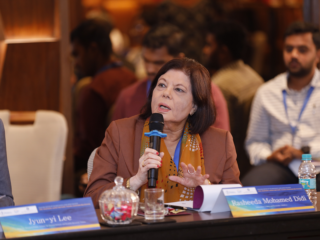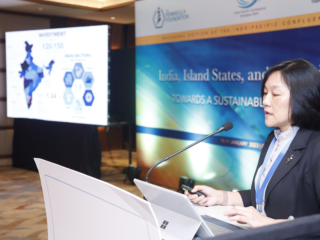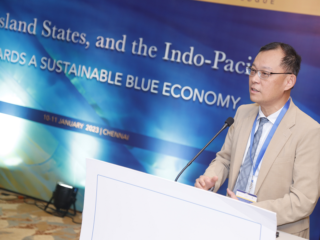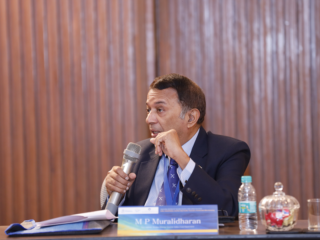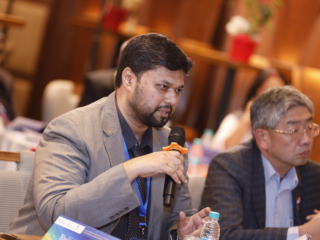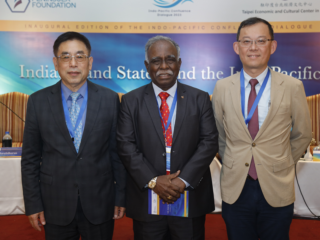The Peninsula Foundation (TPF), Chennai
In partnership with the Taipei Economic and Cultural Center (TECC), India
holds the inaugural edition of the
Indo-Pacific Confluence Dialogue 2023
on the theme
“India, Island States and the Indo-Pacific: Towards a Sustainable Blue Economy”
About the Conference
The Indo-Pacific is deemed geopolitically, strategically, and economically vital by almost every state. It is also culturally one of the most diverse regions in the world and home to nearly two-thirds of the world’s population. The Indo-Pacific is a strategic construct that highlights the confluence of the Indian Ocean, strategically the most vital ocean of the world in the 21st century, and the Western Pacific which has many of the world’s powerful and surging economies. From four crucial maritime choke-points to vast unexplored seas, and from shoring the world’s fastest growing economies to small island developing states, the Indo-Pacific offers unparalleled diversity in economic and geopolitical spheres. Thus, in recent times, the contestation for influence, if not control, over the resources of the region has seen a rise. Apart from being growing economies with a booming service industry, incredible human capital, and possessing an appetitive market, the countries of the Indo-Pacific are united by their vast coastlines and share a responsibility towards conserving and sustainably using marine resources. They also share an increased vulnerability to climate change.
One of the most important vulnerabilities is the degradation of ecosystems. The marine and coastal ecosystems of countries in the Indo-Pacific are major contributors to their economic growth and provide other environmental and socio-cultural benefits. Marine pollution has led to increased salinisation due to which the quality of land, drinking water, and fish stock have been deeply impacted. Coastal ingress and subsequent inland salinisation have affected the soil quality and the existing ecosystem in the coastal areas. Unsustainable fishing practices and further exploitation through illegal, unreported, and unregulated (IUU) fishing and deep sea trawling have greatly depleted fish stock in the region’s oceans, especially the eastern coastline of India and Sri Lanka. Degradation of coastal estuaries, mangroves, lagoons, coral reefs, and kelp forests has destroyed the habitats of many species that support artisanal and commercial fisheries as well.
Along with a shift in rainfall and wind patterns, climate change has slowed down the economic development of the countries in the Indo-Pacific. Frequent floods, droughts and cyclones have affected critical infrastructures such as roads, ports, shipbuilding activities and operations as well as adversely impacting maritime trade routes. Such natural disasters have triggered food insecurity leading to the internal and international migration of the affected population. Such displacement has widened the economic inequality of the people as well. The small island developing states (SIDS), such as Maldives and Mauritius, are the most affected as they face the dual problem of rising sea levels and impact on tourism. The appeal of their beaches, coral reefs, and coastal waters has been impacted due to increased acidification of the waters, consequently bleaching the colourful algae that attract tourists. The rise in sea level simply threatens the existence of the island itself.
In order to mitigate the effects of climate change, intensive cooperation between the countries is important. Transitioning into clean energy is one such activity. Countries in the Indo-Pacific struggle to meet their decarbonisation goals. Low-cost markets, sharing of critical minerals and assistance in the creation and deployment of new technologies are some of the aspects that need to be considered to mitigate climate change. Another important aspect that requires cooperation is the deployment of early warning systems that monitor and predict disasters, assess the severity of the risks, and communicate the same to concerned parties. The countries should also focus on Humanitarian Assistance and Disaster Relief (HADR) measures, ensuring readiness to aid countries that are severely affected due to natural disasters.
Conflicts on land stem from territorialisation and securitization of nation-states and their interests. Spill-over of these concepts over the seas is problematic as marine resources and spaces are increasingly sought to be securitised and then militarised as matters of geopolitical security and finally controlled through technologies of monitoring, surveillance, and resistance. The concept of a sustainable blue economy needs a holistic view from humanity’s perspective and necessitates international collaboration to achieve growth while safeguarding nature and the earth.
There exists an opportunity to reverse these trends and work towards ensuring the security of maritime trade and marine resources in international waters as well as the conservation, protection and restoration of these ecosystems. Challenges to cooperation come from geopolitical tensions introduced by both internal and external actors. The critical role of think tanks and academics to overcome these challenges and facilitate cooperation through research and policy recommendations needs to be recognised. In addition, states of the Indian Peninsula are all maritime states and hence, they have much to gain economically and environmentally through the development of relevant policies that enable the growth of a sustainable blue economy.
The Peninsula Foundation, in partnership with the Taipei Economic and Cultural Center (TECC), seeks to address these issues through a conference with the goal to facilitate debate, discussion, and awareness about their importance for the Indo-Pacific as a whole with a specific focus on collaboration amongst the island states, littoral countries, and India. The conference will focus on three themes, directed at addressing the sustainable development of the blue economy in the Indo-Pacific through mutual cooperative measures. The desired outcome of the conference is to come up with policy papers and research articles, including perspectives and recommendations from the participating countries. The larger goal for the conference is to collaborate with think tanks from the participating countries and build a bank of scholars to focus on the proposed themes.
Theme 1: The Blue Economy: Infrastructure Development and Growth
- International Trade, Maritime Infrastructure, and Logistics in the Indo-Pacific
- Energy Security: Clean energy for a Sustainable Blue Economy
- Impact of Climate Change on Tourism
- Security and Regional Cooperation Perspective for the Blue Economy in the Indo-Pacific
Theme 2: Life Around and Below Water: Rational Exploitation for a Sustainable Blue Economy
- Depletion of Ocean Resources versus Preservation
- Conservation of Coastal Agriculture and Forestry
- Environmental Refugees, Displacement and Loss of Livelihood
- The BRI and its Impact on a Sustainable Blue Economy
- Managing Ocean Resources in the Indo-Pacific for a Sustainable Blue Economy
Theme 3: Climate Action: Mitigation, Cooperation, and Response Mechanisms
- Maritime Domain Awareness: Surveillance, Monitoring and Communication
- Technology Cooperation for a Sustainable Blue Economy
- Disaster Mitigation and Management: A Climate Change Perspective
- International Cooperation and Law: UNCLOS, Maritime Disputes and Climate Change
Speakers

Ambassador Baushuan Ger

Addl. Chief Secretary Mr Hans Raj Verma, IAS
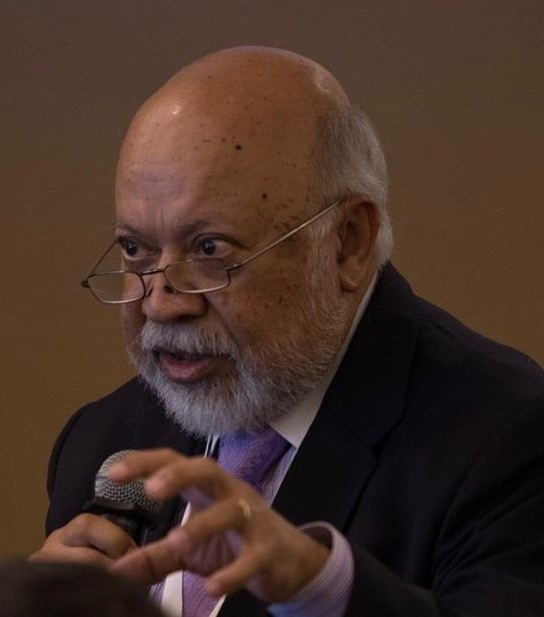
Ambassador Tariq Karim (Retd)

Dr Mumin Chen

Commodore R S Vasan (V), IN

Ms Subhashini Abeysinghe

Dr A Subramanyam Raju

Dr Rasheeda Mohamed Didi

Dr Jyun-yi Lee
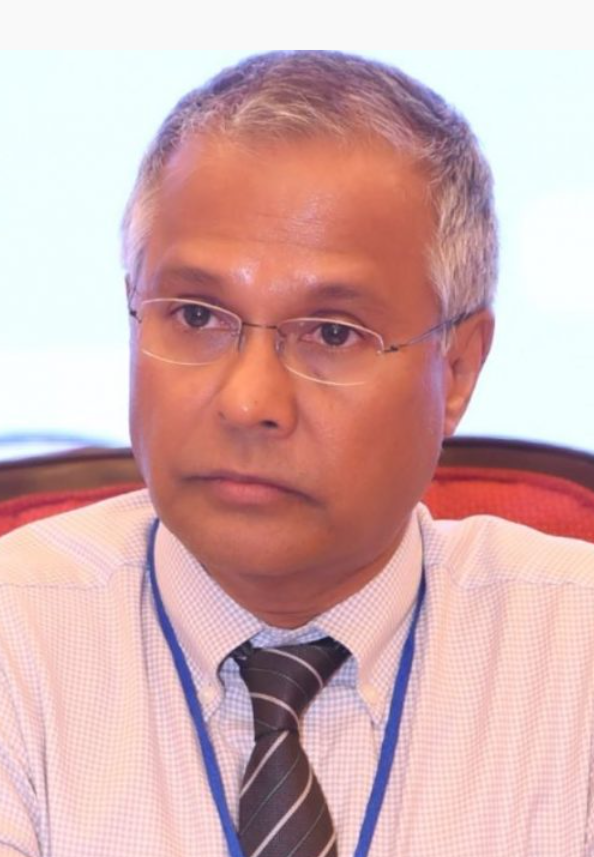
Dr M Shiham Adam

Dr P Krishnan
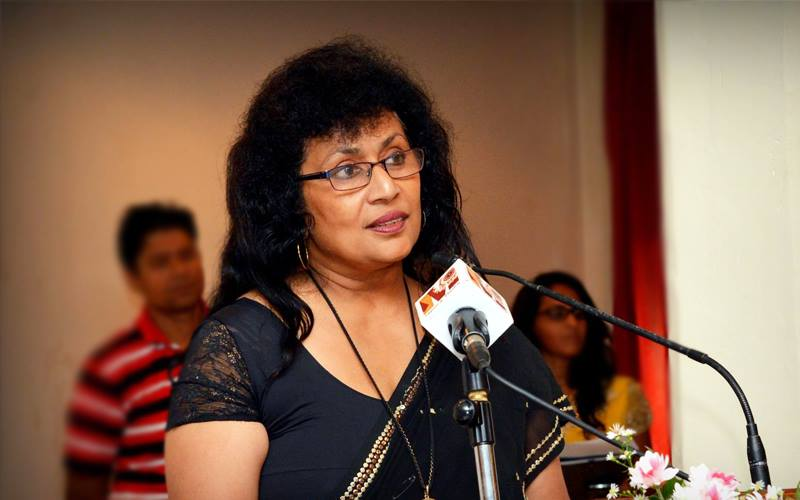
Dr Hemanthi Ranasinghe

Dr Ching-Ta CHUANG
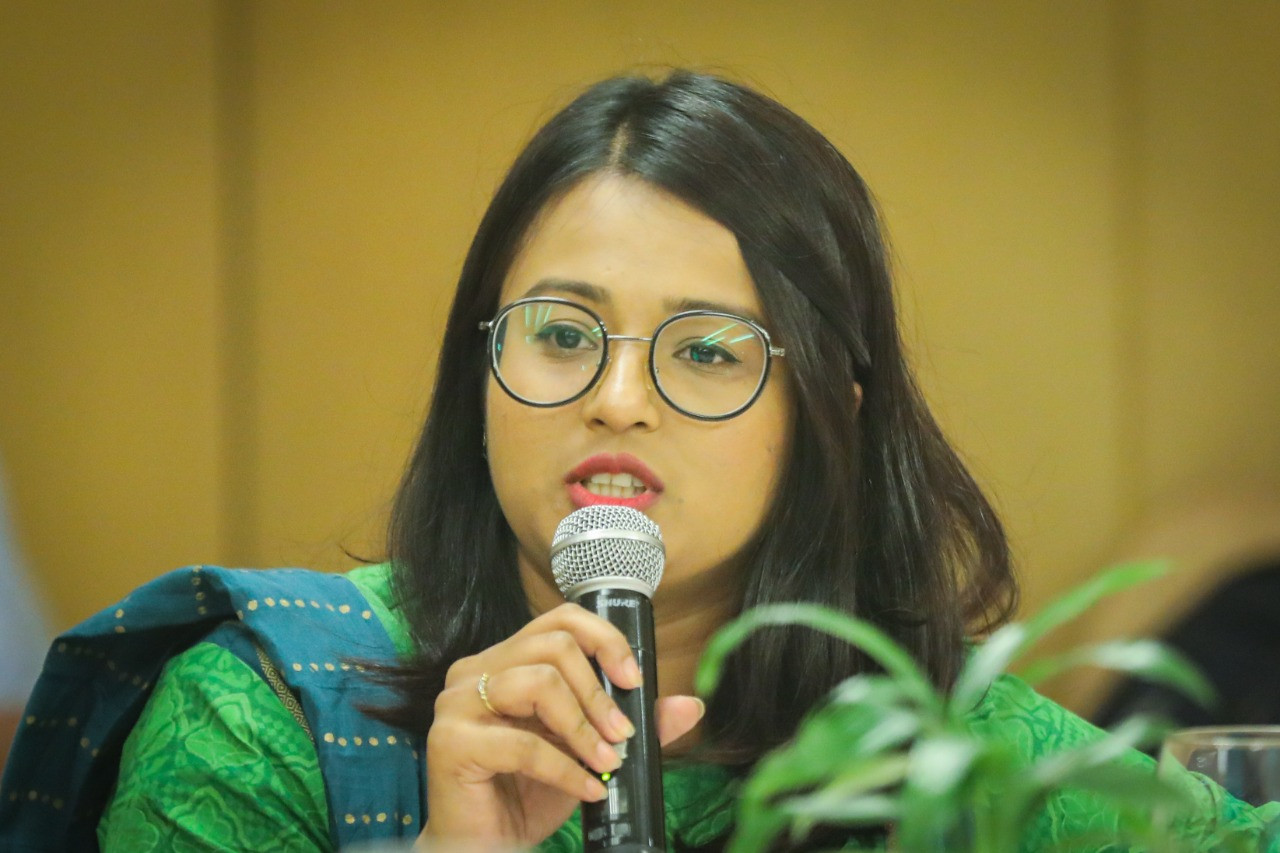
Asst Prof Umme Salma Tarin

Prof Irudaya Rajan

Dr Vidya Nadkarni
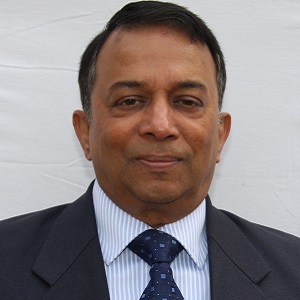
Vice Admiral M P Muralidharan,
AVSM & Bar, NM (V)
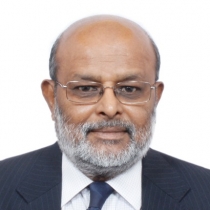
Prof P M Soundar Rajan

Mr Shafqat Munir

Dr Wen-Yen CHANG
College of Environmental Studies,
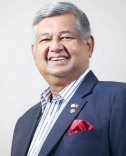
Air Chief Marshal Gagan Bulathsinghala RWP RSP VSV USP (V)

Shri Mohan Guruswamy
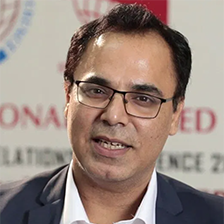
Prof Manoj Kewalramani

Ms Estela Yu-Chi CHEN
Conference Committee
Chair
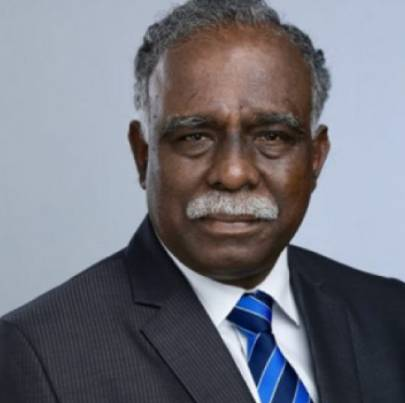
Air Marshal M Matheswaran
AVSM VM PhD (V)
Members

Brigadier Albert Pakianathan
VSM and Bar (V)

Dr Mallika Joseph
.jpg)
Maj Gen Rajiv Narayanan,
AVSM VSM (V)
The Peninsula Foundation

Dr Sunod M Jacob
The Peninsula Foundation

Dr Neela Ganguly
The Peninsula Foundation

